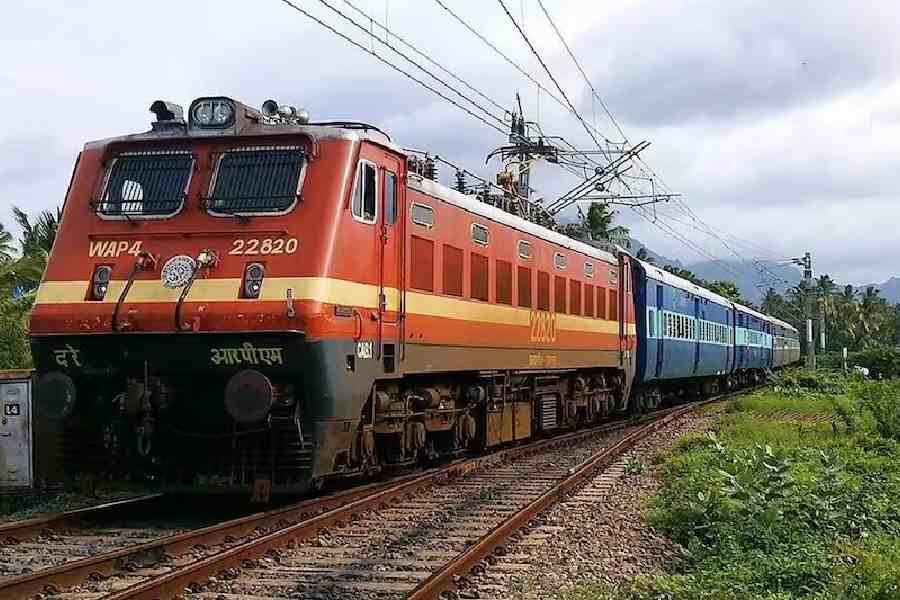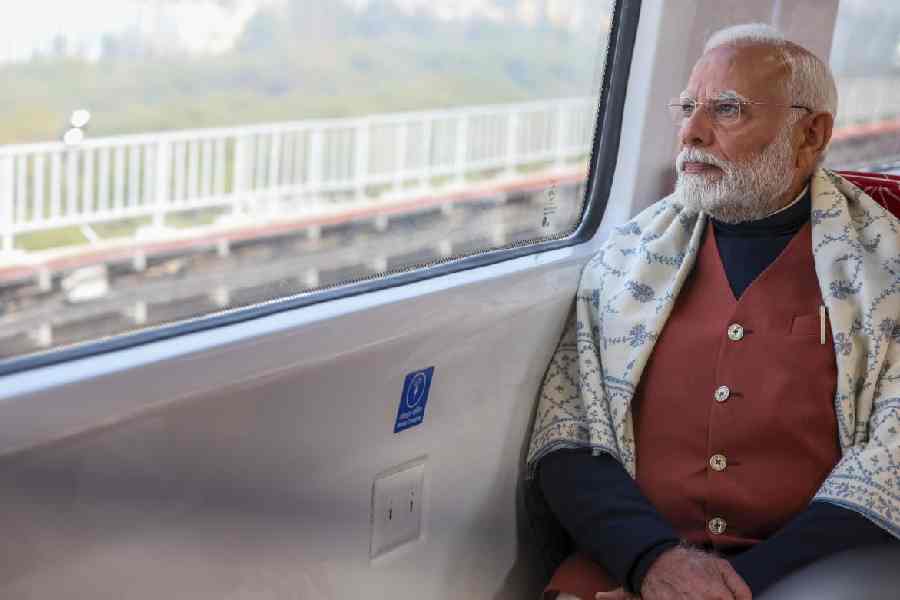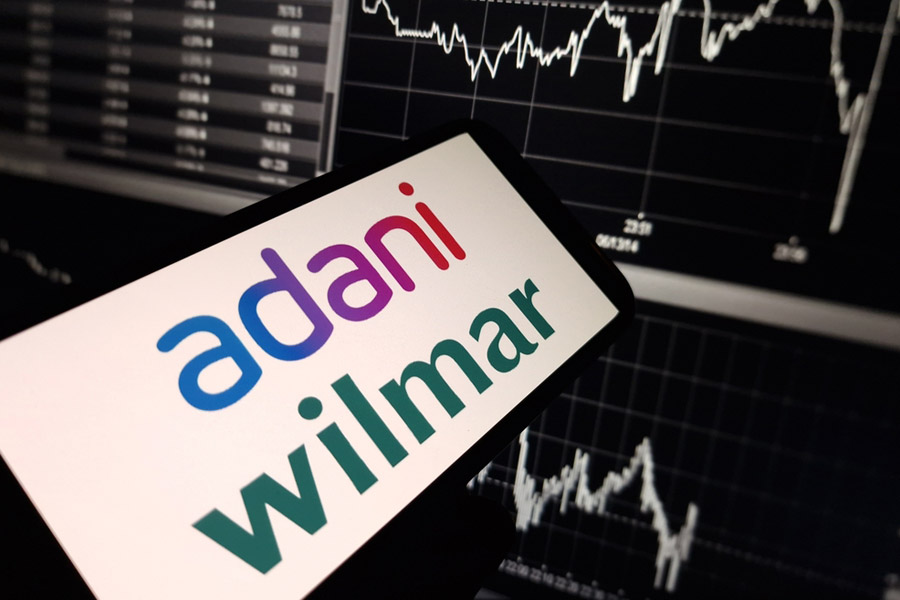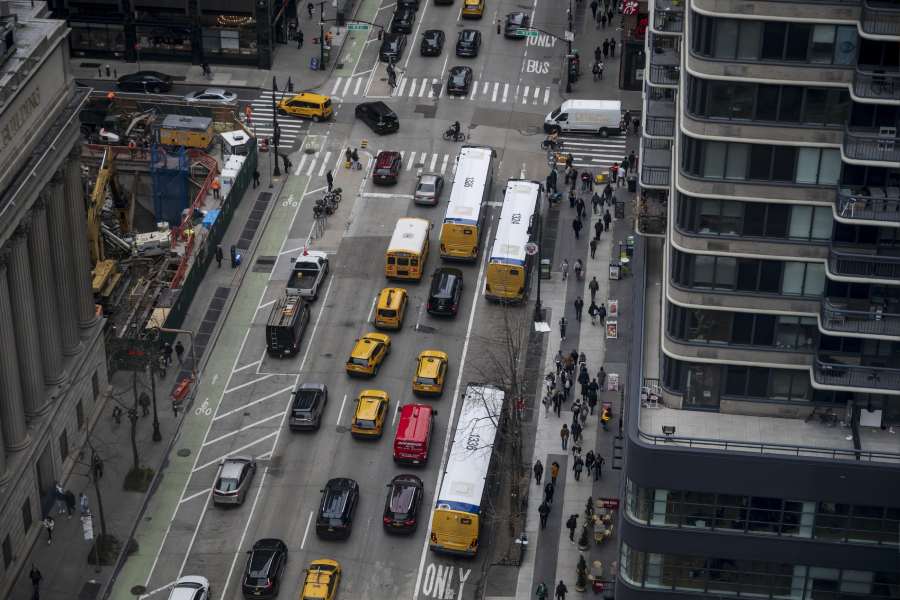The Railway Board has set up a committee to find out the reasons for the violation of speed restrictions by train drivers at various points between originating and destination stations which is detrimental to safe train operations.
According to sources, the Board came into action after recent incidents in which two train drivers violated the speed restriction of 20 kmph at a river bridge, which was under maintenance and drove their trains at 120 kmph speed.
In the first incident, the loco pilot and assistant loco pilot of the Gatiman Express, India's first semi-high-speed train which runs at 160 kmph speed between Hazrat Nizamuddin in Delhi and Virangana Lakshmibai Jhansi Junction in Uttar Pradesh, violated the advisory speed restriction between Jajau and Mania railway station near Agra Cantt.
Just a couple of days after the Gatiman incident, the drivers of another train Malwa Express, which runs between Katra (Jammu) and Indore (Madhya Pradesh), too committed a similar violation at the same spot and steered the train at 120 kmph.
Soon after these incidents, the Railway Board on June 3 issued a circular to all zones and informed, "Railway Board has constituted a committee to review the caution orders being issued to Loco Pilots and Train Managers (guards)." "The committee desires to interact with Loco Pilots through video conference to understand the issues related to caution orders at the field level," the circular added, asking all zones to nominate loco pilots from each division to attend a meeting on June 5.
"Over 180 loco pilots and loco inspectors took part in the meeting and came out with various suggestions to ensure that speed restrictions are followed in letter and spirit," said a loco pilot, who was part of the virtual meeting.
The Railways imposes speed restrictions for the safe operation of the trains for various reasons such as track condition, ongoing track repair work, old railway bridges and station yard remodelling etc.
The Railway officials say that before boarding the engine, the loco pilots and their assistants obtain a complete route chart along with advisories and cautionary speed limits from the concerned operating department and they are supposed to maintain the speed accordingly.
During operation, the assistant driver calls out loudly these advisories and cautions and the driver repeats it to confirm.
"In the meeting, various suggestions came, For instance, a section of drivers suggested that a train guard should remind a driver on a walkie-talkie 3 km before the starting point of the speed restriction. This practice is being followed by the guards of Kota division and a request was made to make it applicable across the board in Railways," said another loco pilot, who attended the meeting.
"Some drivers wanted the caution order to be given on bold letters with bigger font size on A4 size white paper. They also said that drivers should be issued different colour highlighters to mark the restrictions for their convenience," he added.
The participants also said that it was also discussed in the meeting whether permanent speed restriction (PSR) should also be made a part of the caution order.
"Normally only temporary caution orders are given to the drivers on a paper sheet but a suggestion was made that PSR should also be mentioned," said a loco pilot.
"The committee will look into these suggestions and deliberate upon other means to decide if there is a need to amend the operation norms concerning speed restrictions in the interest of safe train operations," said a source in the Railway Board.
Except for the headline, this story has not been edited by The Telegraph Online staff and has been published from a syndicated feed.











